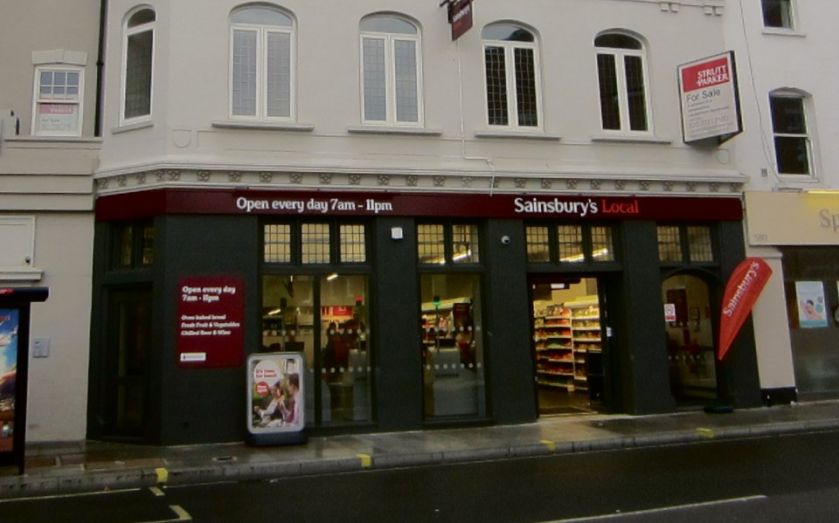UK property: Britain’s struggling pub trade is yielding opportunities for supermarkets and residential developers

The Grotto Inn on the top of Monument Hill in Weybridge was a thriving pub before falling on hard times three years ago.
It was forced to call last orders after succumbing to competition from nearby bars and pubs and has lain empty since – its windows boarded up and beer taps gathering dust.
Now, its new owners, Birchwood Homes, plan to give it a new lease of life – not as a pub but as a three-storey block of flats.
Converting pubs into homes, convenience stores and even student housing has become an all too familiar story over the past decade as weak consumer spending, the ban on pub smoking and competition from cheap alcohol sold through supermarkets piled pressure on pub owners.
The UK’s biggest landlords, Punch Taverns and Enterprise Inns, have been forced to offload thousands of pubs in a bid to cut their multi-billion pound debt piles.
Pubs sold in 2014 for alternative use:
| Residential | 60% |
| Retail | 14% |
| Convenience stores | 5% |
| Other | 5% |
| Restaurants | 4% |
| Hotels/B&B | 3% |
| Office | 3% |
(Source: Fleurets)
The biggest casualties have been traditional so-called wet-led pubs while those that morphed into gastropubs have fared better.
According to Fleurets, a commercial estate agent specialising in selling pubs, around half of the premises put on the market over the last five years were sold for alternative use.
The majority of these (60 per cent) are turned into residential schemes by developers looking to profit from the UK’s booming housing market.
Hundreds have also turned into convenience stores as supermarkets, including Sainsbury’s and Tesco, race to meet changing shopping habits.
Another 158 pubs changed hands yesterday after Punch confirmed it sold a portfolio to NewRiver Retail, an Aim-listed retail and leisure property firm, for £53.5m.
The deal marks NewRiver’s second big splurge in the pubs sector after buying a portfolio of 202 pubs from Marston’s in 2013. However, NewRiver’s property director Allan Lockhart said that rather than calling time on the pubs, it plans to keep the majority of the sites and boost footfall by building schemes such as convenience stores alongside them.
It is already building 64 new shops for Co-op Food on land adjacent to the former Martson’s pubs, with only a handful closing where they were no longer able to keep trading.
“We think the pub sector is a really interesting sector,” Lockhart told City A.M. “It has improved since the economy came out of recession and growth is now coming through.
“The Punch Taverns portfolio has a negligible vacancy rate, which is a good indicator that it is a good quality portfolio. It also has had reasonable beer volume growth,” Lockhart said.
NewRiver believes pubs are still hugely undervalued as an asset class and that it is only a matter of time before more investors pile in, driving up prices.
“It is actually very similar to what we found when we started buying shopping centres [six years ago],” Lockhart said.
“We believed at that time there was a significant mispricing in the market and we were right. Many more investors began targeting shopping centres in the regions, and that will also happen in the pub sector.”
Simon Hall, Fleurets director and head of agency, said the sector is already heating up, with a number of new players, including private equity, looking to enter the market.
“I would say there is more demand than there is supply at the moment, which shows confidence in the sector and the economy,” he said.
The disappearance of pubs across the UK has caused an outcry from local communities and industry bodies. According to the Campaign for Real Ale (CAMRA), pubs are closing at a rate of 29 a week.
However, recent changes to planning laws, allowing communities to have a greater say in protecting their local pub, has made it more difficult for developers to convert them.
Meanwhile figures from Fleurets for 2014 also show a glimmer of hope for the sector, with the number of pubs that continued to trade after they were sold increasing to 56 percent from 50 per cent. As the economy picks up, there is hope that more pubs will again prove viable.